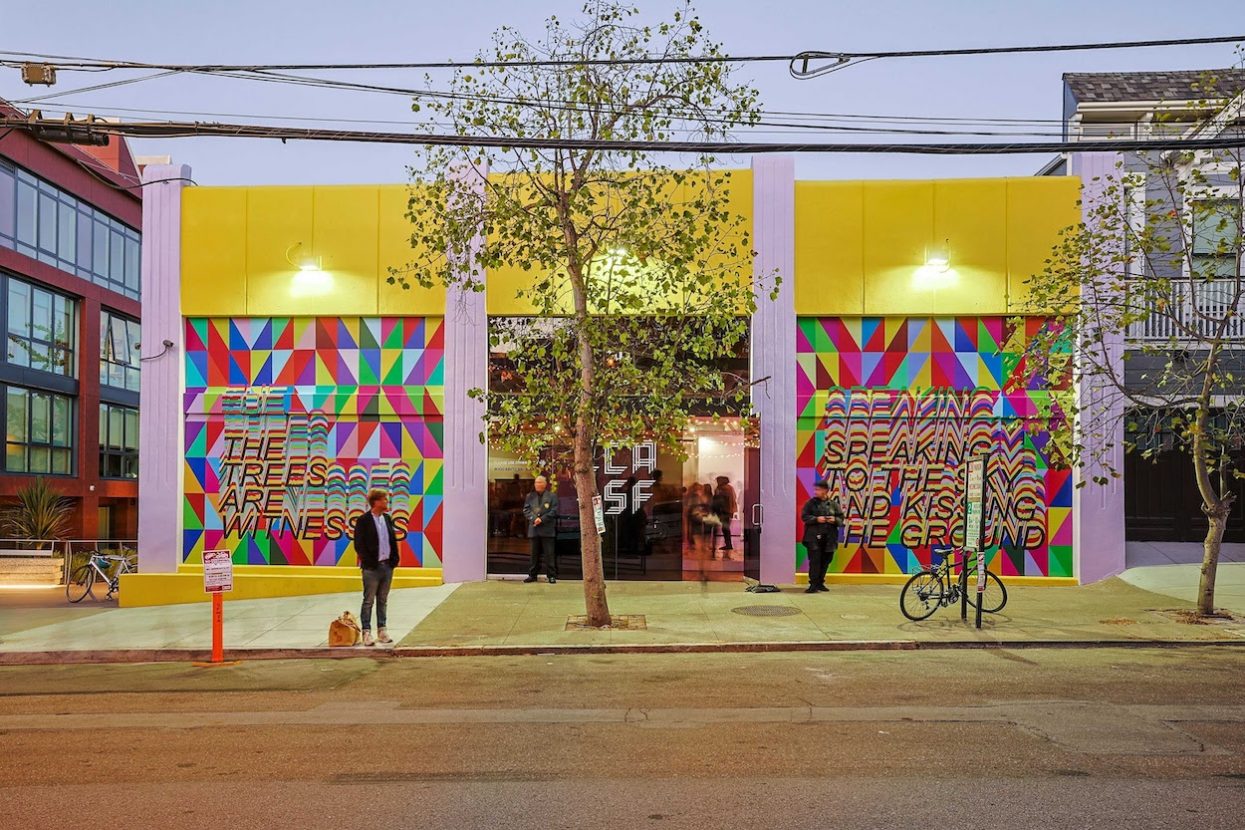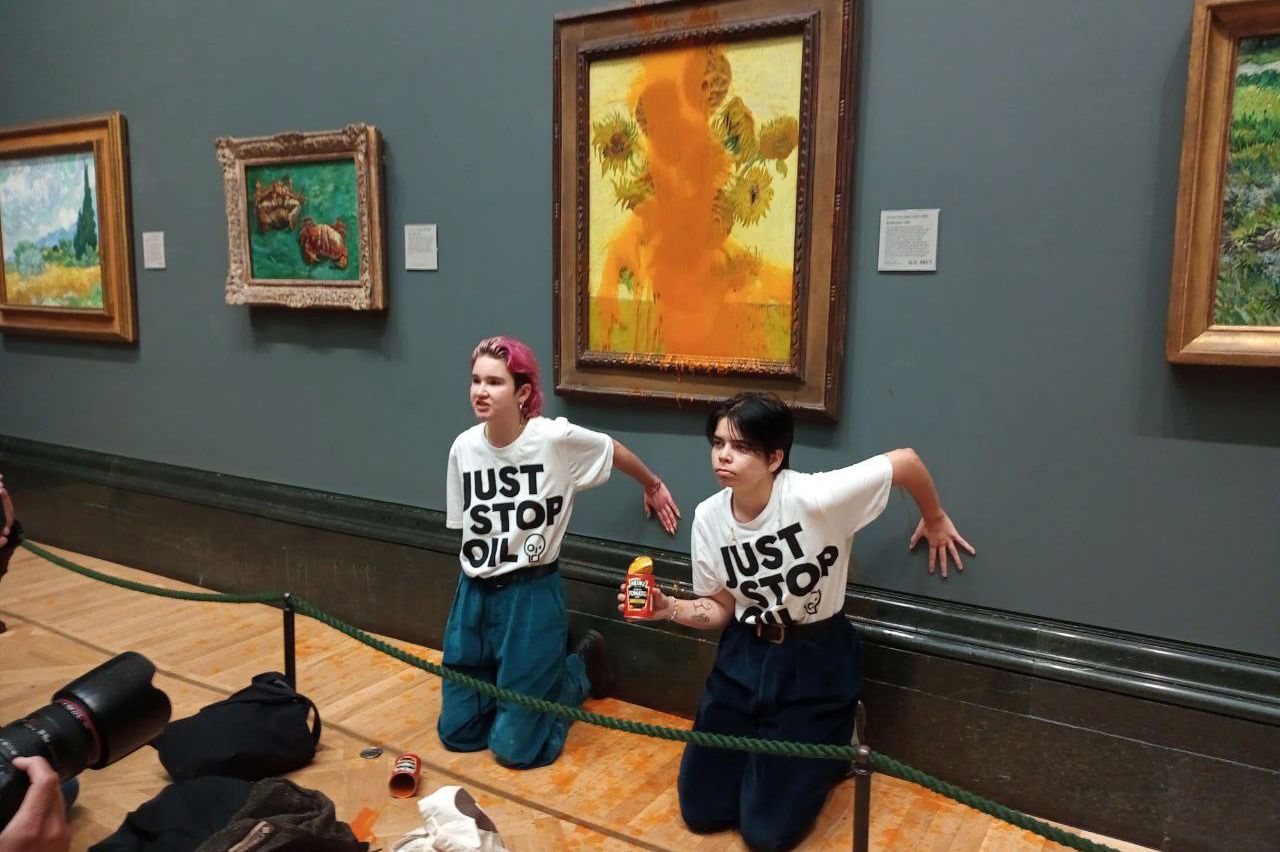Philanthropy has long played a defining role in shaping how the public perceives the distribution and purpose of enormous wealth. The notion of the ultra-wealthy compensating for their advantages by funding everything from museums to charitable foundations is being questioned—and supplanted—by the beliefs of a rising generation who have earned (or will inherit) massive fortunes.
A growing sentiment among certain high-net-worth individuals in Silicon Valley is a resentment of being perceived by the art world as little more than the sum of their assets. The status quo of champagne-soaked galas to fête the generosity of those who lend their collections to an exhibition—or whose donations fund institutional operations and renovations—doesn’t sit well with this crowd. “The art world sees us as a bunch of bank accounts,” lamented Ethan Beard, a founder in the Web3 space and a former Facebook and Google employee, who jumped at the chance to donate his time and mentorship to San Francisco’s new Institute of Contemporary Art.
“A lot of what we build is code, so we’re not building objects or trying to amass things. We just have a different view of status symbols,” he told the Wall Street Journal, which reported on the new path charted by the ICA San Francisco, which opened in late September. Its director, Alison Gass, opened the Bay Area’s newest contemporary art institution with just $1 million in seed funding and another $4 million from a board that includes prominent tech names like Instagram co-founder Mike Krieger and Slack co-founder Cal Henderson.
For its opening festivities, the museum opted out of hosting a black-tie gala for its board and major donors, instead offering a more pared-back sneak peek at its opening exhibition by Jeffery Gibson with bites from a taco bar and souvenir pictures from a photo booth. By and large, the donors funding the institution’s curatorial positions have broken with the tradition of having their names attached to those roles. “The idea that another individual’s position needs to be saddled to my name smacked of colonialism,” said one donor, the venture capitalist and art collector David Hornik. “It made me feel terrible.”


